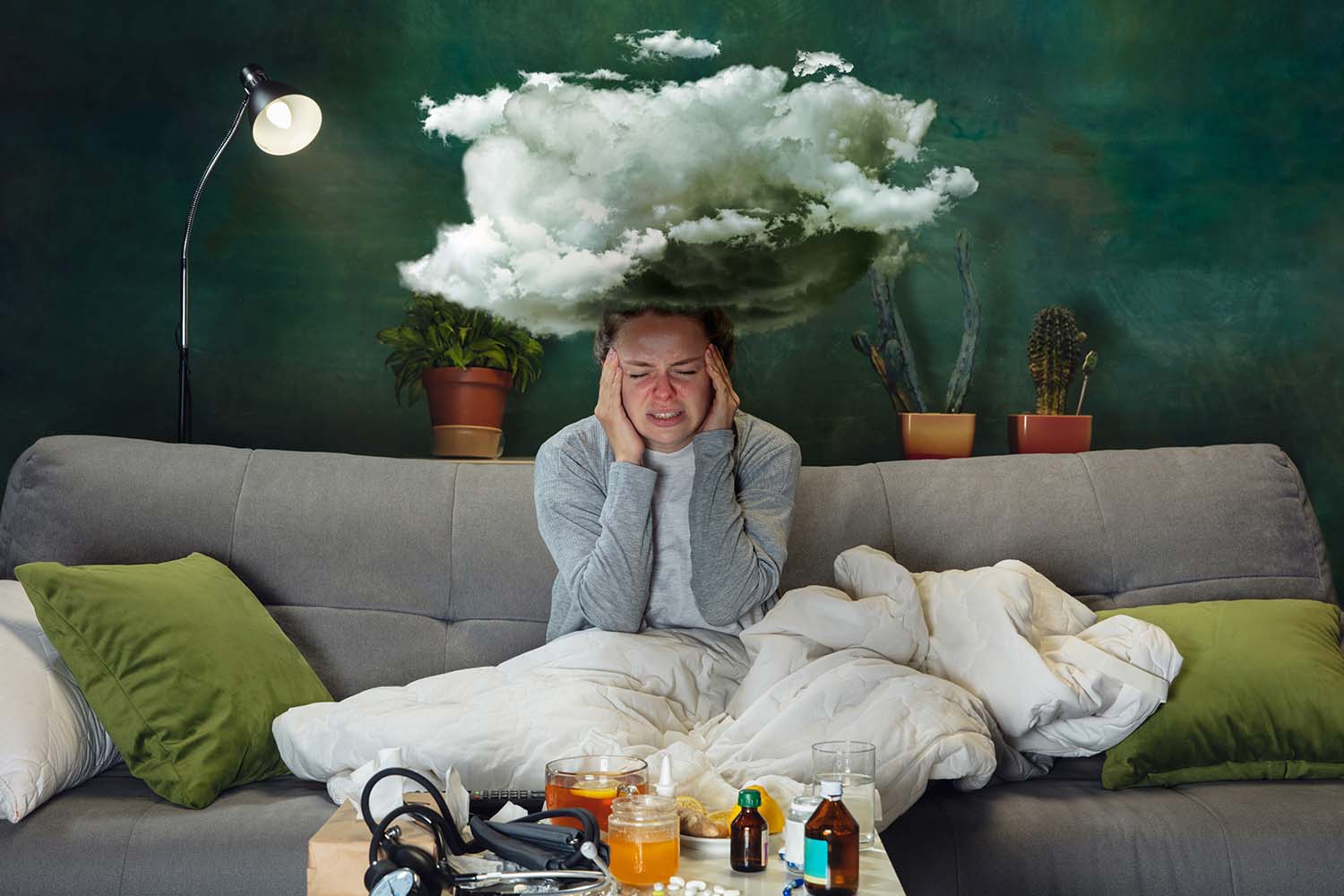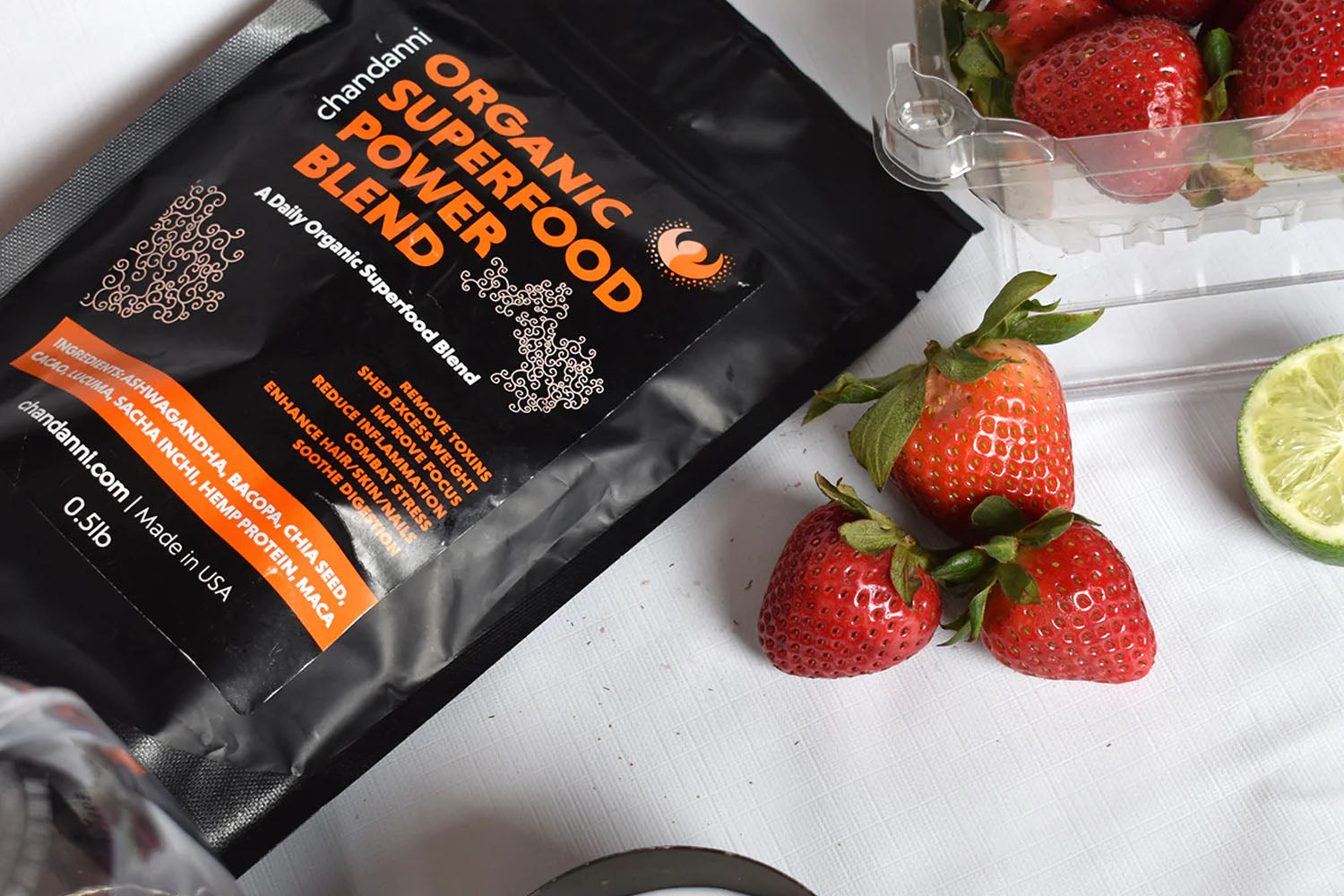
The Impact of Hormonal Changes on Skin: From Puberty to Menopause
Sania TariqThe skin, our body's largest organ, undergoes significant changes throughout life due to hormonal fluctuations. From the turbulent years of puberty to the transformative stages of pregnancy and menopause, hormones play a crucial role in skin health. Understanding how these hormonal changes affect the skin is essential for maintaining a radiant and healthy complexion.
This blog will explore the impact of hormonal changes on the skin from puberty to menopause, providing insights into skincare practices tailored to each life stage and offering tips for achieving balance and vitality.
Puberty and Its Effects on Skin
During puberty, hormonal changes trigger a series of transformations in the skin. Increased androgen production stimulates sebaceous glands, producing excess oil, clogged pores, and acne breakouts. [1] Additionally, fluctuating estrogen levels can cause skin sensitivity and inflammation. Teenagers often struggle to find an effective skincare routine to manage these issues.

Adopting a gentle cleansing regimen, using non-comedogenic products, and practicing sun protection are crucial. Understanding the impact of hormones during puberty helps adolescents confidently navigate these skin changes and establish healthy skincare habits for the future.
The Prime Years - Adulthood and Hormonal Changes
In adulthood, hormonal balance is more stable, contributing to optimal skin conditions. Adequate estrogen and testosterone levels promote collagen production, maintaining skin elasticity and a youthful appearance. [2] However, stress hormones can still influence skin health, leading to breakouts and dullness.

Hence it is essential to maintain a consistent skincare routine in early adulthood. Consider using moisturizers, sunscreen, and serums with antioxidants to protect against premature aging caused by stress and environmental factors. Proper self-care and stress management are equally important during this stage. By recognizing the interplay between hormones and skin health in adulthood, individuals can take proactive steps to preserve their skin's radiance and overall well-being.
Pregnancy and Skin Changes
Pregnancy is a time of significant hormonal shifts that impact the skin. High levels of progesterone and estrogen lead to increased blood flow, often called the "pregnancy glow." However, these hormones can also trigger skin issues such as melasma, stretch marks, and acne. [3] Pregnant individuals must be cautious about skincare products to ensure the growing baby's safety.

Adopting a gentle skincare routine with pregnancy-safe ingredients, using sunscreen to protect against hyperpigmentation, and seeking medical advice for persistent skin concerns are essential to managing skin changes during this transformative phase of life.
The Influence of Hormones on Aging
Hormones play a crucial role in aging, particularly during perimenopause and menopause. Estrogen levels decline as women approach these stages, reducing collagen production and skin thinning. The loss of estrogen contributes to the appearance of wrinkles, fine lines, and sagging skin. [4]

Additionally, hormonal changes may exacerbate skin issues like dryness and sensitivity. Understanding the impact of hormones on aging empowers individuals to make informed decisions about skincare products and treatments that can aid in addressing these concerns. A comprehensive approach, including moisturising, anti-aging products, and sun protection, can promote healthier, more youthful-looking skin during aging.
Menopause - A New Chapter for Skin
Menopause brings significant hormonal changes that profoundly impact the skin. As estrogen levels decrease, the skin experiences reduced oil production, leading to dryness and a loss of elasticity. The decline in collagen exacerbates the appearance of wrinkles and fine lines while the skin's overall firmness diminishes. [5]

To address these skin concerns during menopause, a tailored skincare routine is essential. Hydrating and nourishing products, incorporating anti-aging ingredients such as retinoids and peptides, and prioritizing sun protection are crucial. Use a rich moisturizer and consider incorporating a face oil to boost hydration. Anti-aging serums with peptides and retinol can help minimize wrinkles and fine lines. Night creams with active ingredients promote skin rejuvenation during sleep.
Lifestyle Factors Affecting Hormonal Balance and Skin Health
Maintaining hormonal balance and promoting healthy skin involves more than just using skincare products. Several lifestyle factors are crucial in influencing hormone levels and skin health.

1. Diet
A balanced and nutritious diet with essential vitamins and minerals supports hormonal regulation and overall skin health. Consuming super food composed of omega-3 fatty acids and antioxidants and avoiding excessive sugar and processed foods can benefit the skin.
2. Exercise
Regular physical activity helps manage stress, which can impact hormone levels. Exercise improves blood circulation, delivering nutrients to the skin and promoting a healthy complexion.
3. Stress Management
Chronic stress disrupts hormone production and can lead to skin issues. Incorporating relaxation techniques, mindfulness, and hobbies can reduce stress and improve skin health.
4. Sleep
Inadequate sleep disturbs the hormonal balance and affects skin repair processes. Prioritizing quality sleep allows the body to regenerate, benefiting the skin.
5. Hydration
Staying well-hydrated is essential for healthy skin and hormone regulation. Water helps flush out toxins and keeps the skin supple.
7. Sun Protection
Excessive sun exposure can lead to hormonal imbalances and premature aging. Using sunscreen and protective clothing is vital to maintain healthy skin.
By considering and incorporating these lifestyle factors, individuals can positively impact hormonal balance and promote vibrant, radiant skin.
Natural Remedies for Hormonal Balance and Skin Care
Natural remedies offer a gentle and effective alternative for those seeking a holistic hormonal balance and skin care approach.

1. Herbs and Supplements
Several herbs, like chaste berry, black cohosh, and evening primrose oil, have been traditionally used to support hormonal health. Supplements containing essential vitamins and minerals, such as zinc, vitamin D, and magnesium, may also aid in hormonal regulation.
2. DIY Skincare Recipes
Harnessing the power of natural ingredients, DIY skincare can be both fun and beneficial. Ingredients like honey, aloe vera, turmeric, and coconut oil can be combined to create nourishing face masks, cleansers, and serums. These natural formulations may help to fight acne, soothe inflammation, and promote a radiant complexion.
Incorporating natural remedies, a balanced lifestyle, and a suitable skincare routine can promote hormonal balance and contribute to healthier, glowing skin.
Conclusion
In conclusion, understanding the impact of hormonal changes on the skin from puberty to menopause empowers individuals to care for their skin throughout different life stages. One can achieve a harmonious balance between hormones and skin health by adopting a tailored skincare routine, considering lifestyle factors, and exploring natural remedies. Embracing this comprehensive approach of Chandanni ensures a radiant and resilient complexion, promoting overall well-being and confidence in every phase of life.
FAQs
- What are the signs of hormonal changes?
Signs of hormonal changes include mood swings, fatigue, irregular periods, and changes in skin texture.
- Does less collagen cause wrinkles?
Yes, reduced collagen levels in the skin can lead to the formation of wrinkles and fine lines.
- How do hormonal changes affect the skin?
Hormonal changes affect the skin by influencing oil production, collagen levels, and melanin production, leading to various skin concerns.
- What hormone influences affect the skin at puberty?
Increased androgens influence sebaceous glands during puberty, leading to excess oil production and acne breakouts.
- What hormonal influences affect the skin at menopause?
At menopause, declining estrogen levels contribute to reduced collagen production, dryness, and the appearance of wrinkles and fine lines.
References
[1] https://www.verywellhealth.com/hormones-and-acne-15682
[2] https://www.ncbi.nlm.nih.gov/pmc/articles/PMC2685269/
[3] https://pramita.co.id/en/inspiration/millenial/changes-that-occur-in-the-skin-during-pregnancy
[4] www.webmd.com/menopause/ss/slideshow-better-skin-after-menopause




